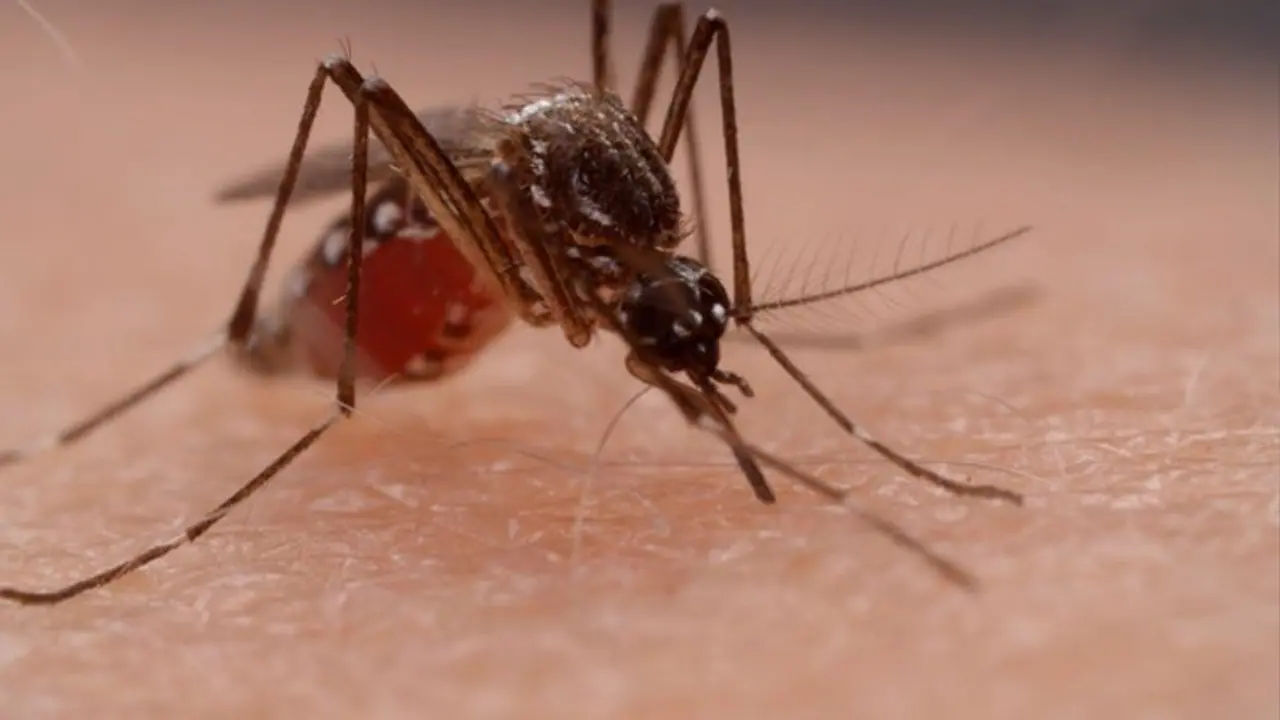Amidst everything lovely about monsoon, there is something that is very unfortunate. It is the risk of getting infected with vector-borne diseases like dengue, chikungunya, and malaria.
Bengaluru: Monsoon brings a host of mosquito-borne diseases like dengue, malaria, chikungunya.

Children, elderly people and expecting mothers fall in the high-risk category for catching infections spread by mosquitoes which breed in contaminated water.
Dengue fever is a viral infection caused by the dengue virus that is transmitted through the bite of the infected Aedes mosquito. It is very dangerous to have dengue during pregnancy as it can be transmitted to the child; this is potentially fatal.
If a pregnant woman falls prey to dengue fever, immediately increase intake of fluids, as hydration is essential for maintaining embryonic fluid level.
Dengue symptoms throughout pregnancy do not differ from that of a regular person. But, since pregnancy takes a toll on your body, the severity of the condition can increase.
High fever, abdominal pain, excruciating headaches, vomiting, dizziness can be experienced. Dengue infection can also decrease your platelet levels, hence, transfusion should be considered. The condition requires constant care and monitoring.
Pregnant women diagnosed with dengue can take paracetamol after six hours but only under doctor's prescription. The dose should not exceed 4 grams in 24 hours. Avoid taking NSAID like ibuprofen, aspirin and diclofenac sodium.
Babies with mothers who have been diagnosed with dengue just before or at delivery should be closely monitored after birth to restrict the risk of vertical transmission.
Dengue can be prevented by taking a few precautions, like:
· Keeping mosquitoes away by emptying still water collected in pots or cans in the area near your home as it offers them a place to breed.
· Avoiding mosquito bites by wearing loose long-sleeved clothes.
· Stay in cool and air-conditioned place because mosquitoes do not grow in low temperature areas.
· Use mosquito repellents and apply 10-30% concentration of repellent on the skin exposed.
· Use bed nets while sleeping to prevent mosquito bites.
Find out more in #TheNewsableDecipher
